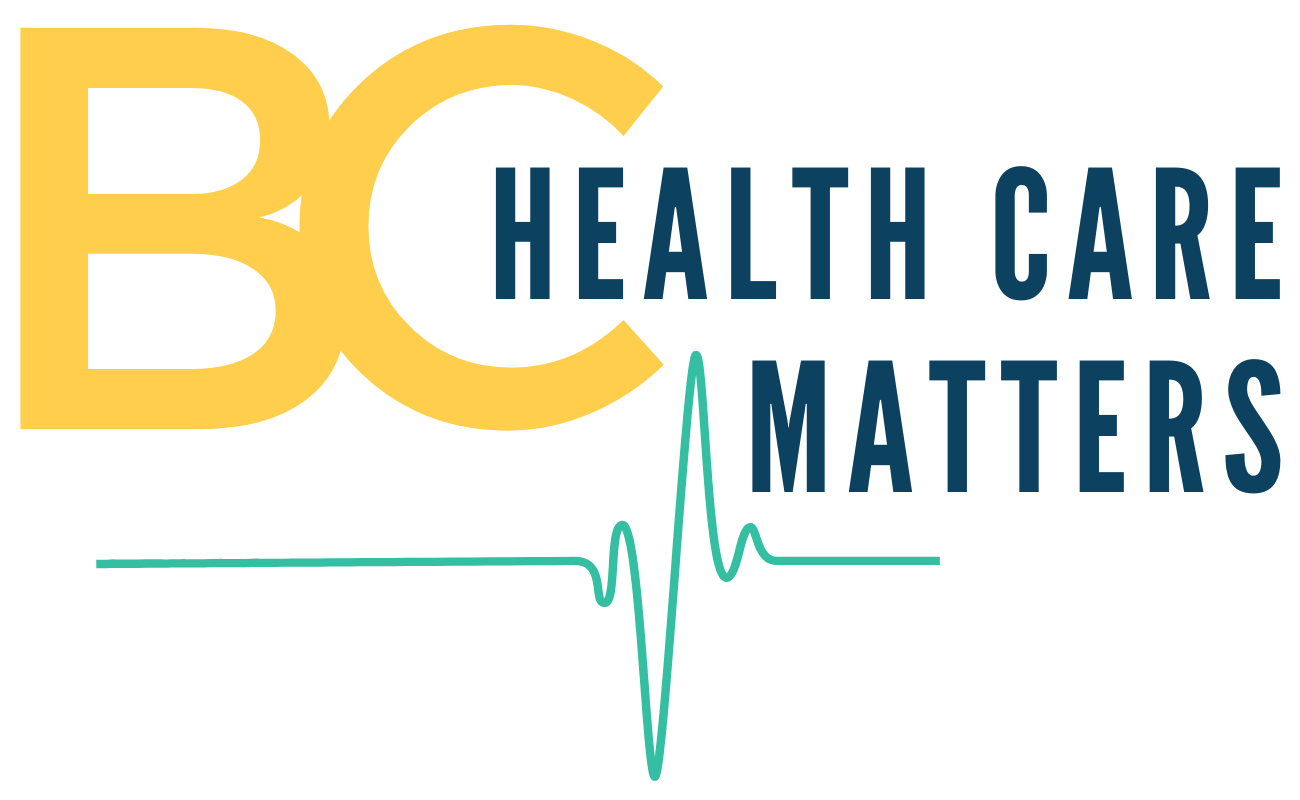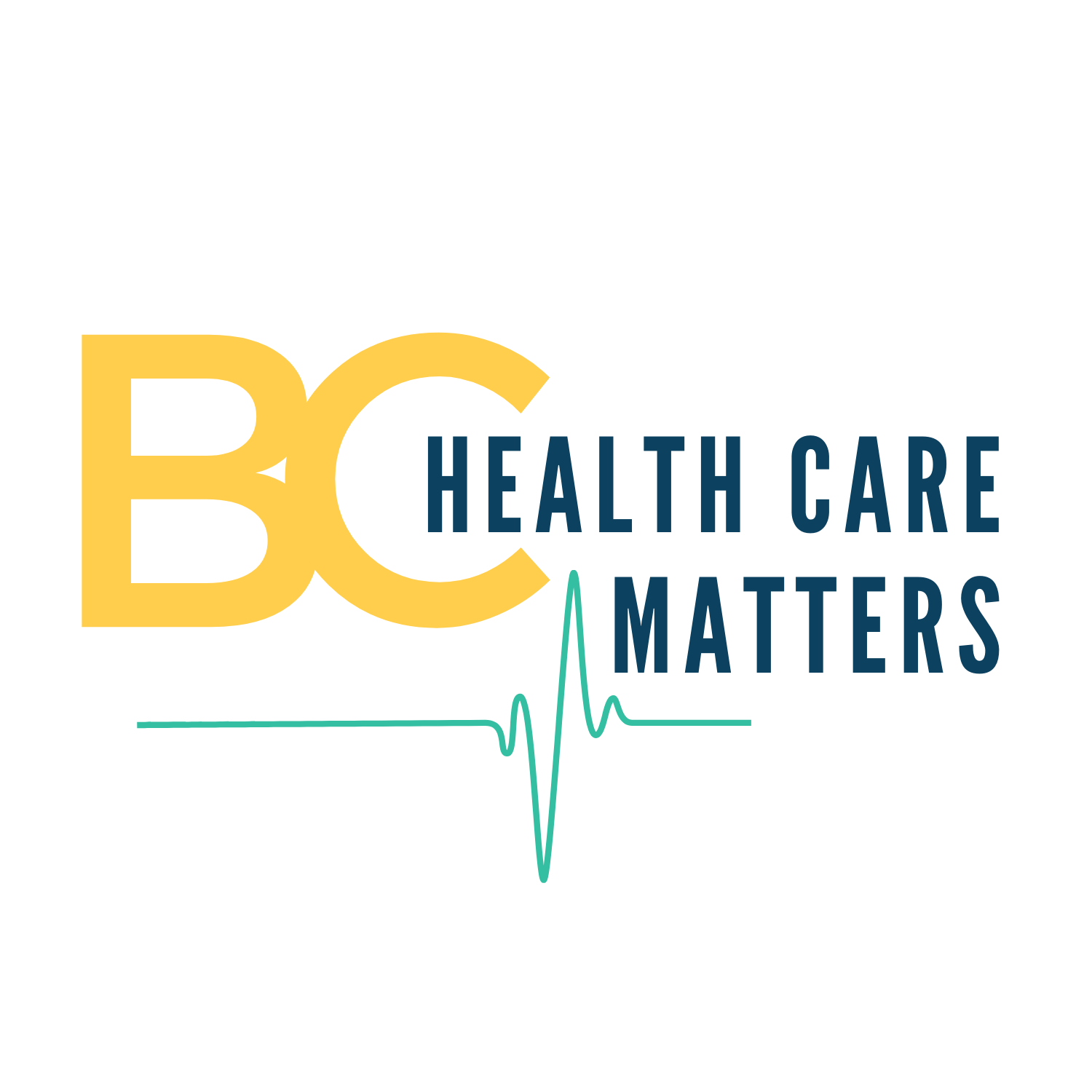ANNUAL REPORT ON BC’s HEALTH HUMAN RESOURCES STRATEGY (Dec. 2023)
ANNUAL REPORT ON BC’s HEALTH HUMAN RESOURCES STRATEGY (Dec. 2023)
BCHCM’s OPINION……...Dr Adrian Fine MD, FRCP
BC Health has just released a document ‘BC Health Human Resource Strategy’. Gratingly, it’s subtitle is ‘putting people first’. There are millions of BC residents who would sign an affidavit attesting to the untruth of this statement because they personally have suffered years of government neglect as the healthcare system has collapsed. Perhaps the word ‘people’ applies to health care personnel but even this is a misrepresentation. Until very recently most health care workers have been shabbily treated over many years. This type of cheap slogan, which might be acceptable in an election platform, belittles the entire document which actually does contain many positive steps for improving healthcare in BC.
It is worth throwing some skepticism at documents like this coming from governments, who by their negligence, have allowed healthcare to decline to standards well below most developed countries. Nowhere does the document give concrete aims. For example, is everyone to have a family practitioner (FP) by a certain date? If not, what percentage? Or will the wait-time to see a specialist be halved within so many years? The report contains many supposedly impressive numbers, but we have no previous numbers to compare these with in order to assess whether the new policies have produced results. Some other numbers seem imposing, but they can be misleading. One billion dollars to be spent over three years on the proposed plans seems a huge expenditure. But it is only 1.2% of BC Health’s annual budget, barely enough to keep up with inflation!
Although major improvements in paramedic responders, security personnel and physiotherapists are included in the report, we will focus on pharmacy, nursing and physician issues in the order they appear in the report.
PHARMACY
Pharmacists scope of practice has just been expanded thereby increasing access to primary care. A very welcome move. But should we applaud? Most other provinces have enacted this change many years ago. Indeed, over a decade ago for some. This begs the question why did BC Health wait for so long for such an easily implementable policy?
NURSING
Very impressive sounding numbers are given but, on closer scrutiny, these appear incomplete and indeed confusing. Since 2017, ‘14,400 net new nurses were registered’. Considering that approximately 2000 nurses graduate each year from BC Nursing schools, recently increased to 2400, then this number is to be expected. That 6300 were registered in 2023 appears a major improvement but, at least to this writer, is confusing. It means that in the years between 2017 and 2013, 14,400 minus 6300 or 8100 nurses were registered, significantly below the usual graduation numbers.
What we need to be told is how many FTE (full-time-equivalent) nurses are currently employed, how many nursing FTE positions are unfilled, and by how much have these numbers changed since 2022 and 2021. The only such comparison given in this section is the increase in registration of internationally educated nurses (from 288 to 578 in past year), a welcome result of government action. The report tells us that 1100 non-BC new graduates registered in 2023. Sounds impressive but what is the usual number? Letting us see overall and individual comparative data will allow us to see real improvement (or lack thereof) of current initiatives. It would also be useful for BC Health to inform us of the current objective with regard to nursing numbers employed and in approximately what time frame.
In summary, the numbers look very promising, but more data are needed to confirm and should therefore have been provided.
PHYSICIAN
A recent Times Colonist (TC) front page revealed Mr Dix announcing that hundreds of new family practitioners (FP) have started practice. These are International Medical Graduates (IMGs). The BC Health report states that in 2023, 3880 family practitioners have signed the new payment model, recently introduced. The average person will be impressed with these developments. But then the TC reported that The Shelbourne Medical Clinic was closing. No replacements applied for its two retiring doctors. Centrally located in a professional building that contains a large physiotherapy center and across the road from a Life-Lab. Loads of parking. Ideal? Yes but 2000 patients will no longer have a family doctor. I have just looked at the on-line site for Find a Doctor BC and found only one clinic in Victoria accepting new patients. But only accepting paying (private) patients!
These conflicting messages create confusion and distrust. BCHCM’s job description includes informing the public of what is actually happening and for that we need to present and interpret lots of numbers. Let us start with critical numbers and concentrate on family practitioners, who form the crucial core of the entire medical system.
A full-time FP will provide primary care to approximately 1250 patients. There were 7400 FPs in BC (2023 statistica.com). Around 4000 of these are full-time (FTE) according to CBC News (9/3/2023). This latter number cannot be true because it would imply that all 5 million BC residents would have FP coverage. We know that 1 million don’t. It will take 1 million divided by 1250 = 800 additional full-time FPs to fill the void. Let's guess that one quarter are not full time and work an average of 60% of the time - then a total of 933 new FPs will be required.
BC has the lowest number of seats in medical school (per population) in Canada. Our growth in these seats haven’t even kept up with the growth in our population. 288 new graduates are expected in 2024. Let's say around 70% of these go into FP residency training positions (210 slots will be available). After 2 years residency, several decide that FP is not for them. Let’s again guess this number...say 10%. 190 brand new FPs will be available. Great BUT if 5% of FPs retire per year (almost certainly a gross underestimate), upwards of 300 will retire. The shortfall, entirely predictable over many years, ignored by governments, mandates alternative plans, some of which are now in place.
40 new seats in medical school have been created but note that it will be around 6 years before they become FPs. A new medical school is to be established but it will be in the 2030’s for FPs to be generated from there. And it is worth noting that this medical school would be about to be operational had the government kept its election promises. Major positive changes have been made to encourage and speed up the process of recruiting IMGs with very promising early results. Signing up bonuses and some debt relief for new doctors are constructive steps. But once again, these changes could and should have been enacted years ago.
The bottom line is that we are years away from all BC residents having access to FPs. The government seem now to be somewhat pro-active, diametrically opposite to their years of malfunction. But they must provide us with numbers that are truly meaningful. These are the number of BC residents who do not have a FP and the number of FTE doctors working in BC with previous years’ data for comparison. We also should be informed of government’s overall goals and predictions.
It is important to note what is NOT INCLUDED in this report. No mention is given for the following:
Development/expansion of physician assistant program….widely used across Canada (over a decade in some provinces). We haven’t implemented yet!
development of multidisciplinary/group clinics
Urgent primary care center improvements/reforms
increasing the number of specialists
expansion of long-term facilities
improving information systems
The first 3 of these are vital to rapidly improve our primary care crisis, most of which will persist for several more years in spite of recent improvements.
Overall, this report reveals a government taking several measures to revive an almost moribund health care system. One hopes that this is not just a one-year-before-election bonanza for votes. This apparent change of direction should become permanent. Without extra expenditures, we believe that additional improvement in management of our health care in BC could be achieved by the Government becoming receptive to meaningful public input into decision-making. Currently, there is no evidence that BC Health’s decisions have taken any such input into account.
Finally, it is also worth noting that more money pumped into health care is not necessarily the answer. Canada already spends more per capita than almost all developed countries and yet Canada’s outcome health measures are at or near the bottom in many critical areas. Our current models of care must be a major part of the problem.
Dr Adrian Fine MD, FRCP (retired medical specialist)


